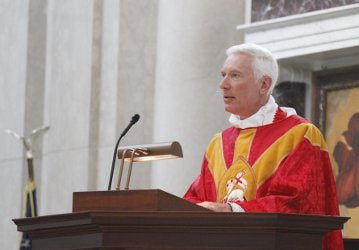
Photo courtesy of Thomas Aquinas College
An Historic Convocation
I wish to thank Dr. McLean for inviting me back to the College, and offer my congratulations to the incoming Freshman class for your imminent matriculation into what is truly a co-lodge, a community of saints and scholars on this relatively small campus. Of course, now there are two campuses. Thomas Aquinas College’s 49th academic year is historic: We have gone beyond California, from the missions of St. Junipero Serra, even to the other end of our immense American continent. Three centuries after Spanish Franciscans came west, missionaries have now been sent east. May God prosper the work of Dr. Kaiser and the new community of saints and scholars under his tutorship. Besides being historic the College’s 49th year is timeless as well, because both campuses begin the year with the eternal sacrifice of the Mass. In this way, your College focuses all academic inquiry on our first principal and final end, He who is the Way, the Truth, and the Life.
An End to Justify the Means
We have come for the annual “convocation:” the Almighty has called us together, summoned us, to this chapel and this campus under the bluffs of the Topa Topa range. Last month I received a letter from a second-year student thanking me for supporting the college. Jordan Raum wrote: “During my years in High School, the only thing everyone seemed to agree about college education was that it ought to be practical … using education for some financial or professional advancement.” But even in High School, Mr. Raum grasped that a “good job” seemed, quite frankly, “impractical.” “Everyone was for learning how to make money, but, oddly enough, it seemed no one was for learning how to spend it…. I needed an end to justify the means…. Nothing could be more practical than seeking to know what is worth living for and how to live for it.” Some would quibble with a dangling proposition in Mr. Raum’s sentence structure (perhaps “seeking to know that for which life is worth living” would be more felicitous), but our second year hero has grasped, and resolved to apply himself to the supreme good, with all his mind, all his strength, and all his soul. Thank you, Mr. Raum, for thinking clearly and articulating that clarity. We thank the tutors and staff who provide such an education, the parents who send their children to this college, and the benefactors who sustain it. Let us not forget, either, founders of Thomas Aquinas College, most of whom have gone back to God, may they rest in peace. It is God who has called us to this prophetic vocation in Christ. As Bishop Mitchell Rozanski said at your sister campus’ convocation two days ago, “You will be called to be the prophets of our own age, an age currently in despair, seeking the good news that brings true freedom, life in Christ and His Church.”
The Gifts of the Holy Spirit (Isaiah 11)
Let us turn to the Scriptures, from the votive Mass of the Holy Spirit. The prophet Isaiah foretells the birth of a King, an anointed one or “Messiah,” from the lineage of Judah, a “shoot from the stump of Jesse” (King David’s Father). He writes during the Babylonian Exile, when only a dead stump of the Davidic dynasty remained. But the tree is not completely dead. Should there come such a cataclysmic collapse of our own Christian culture as came to the Jewish Nation in the 8th Century BC, know for certain that God will never sustain His Kingdom. There will always be a remnant, until the final return of the King. The Holy Spirit of God rests upon this once and future King: a spirit of wisdom and understanding, a spirit of counsel and of strength, a spirit of knowledge and of piety, and his delight will be the fear of the Lord. This Spirit will rest upon Him, and it will rest upon His prophets, but we must ceaselessly pray for these gifts. So the Church opens her university’s academic years with a Mass of the Holy Spirit. So Thomas Aquinas College opens every seminar with a prayer to the Holy Spirit. May your delight this year be the fear of the Lord.
An Advocate (John 14)
“Whoever loves me,” Christ tells us in the Gospel, “will keep my word, and my Father will love him” and we will make our dwelling within him. It is this Word that renders the created world unintelligible. Our Lord promises to send an “advocate” who will teach and remind us of this Word spoken by the Father. Every person who honestly engages rational inquiry is an advocate, to some degree, for the Logos. Aristotle, it is said, discovered absolutes, and wondered if there were an ultimate Absolute, one unity in truth that ordered all of existence. There is. You can find Him in this college, and in this chapel. God calls us together today to begin, again, the hard work of articulating the intelligibility of this world, and to demonstrate finally the fundamental truth of love. Only love creates, St. Maximilian Kolbe would say, even from the charnel houses of Auschwitz.
We cannot do this work without the constant help of an Advocate. The Father gives us two: Jesus and the Holy Spirit. In fact, God gives us a third, an Advocata nostra after whom this chapel is named. As we enter this academic year, the year two Thomas Aquinas Colleges prepare students who will articulate, restore, and defend the rational order, a culture built on the eternal Logos rather than merely on human knowledge, we put our hands into the hands of the Mother of God, Our Lady of the Holy Trinity. In words attributed to our patron, St. Thomas Aquinas, words many priests pray before Mass: “Mother of mercy and love, blessed Virgin Mary, I am poor and unworthy, and I turn to you in confidence and love. You stood by your Son as he hung dying on the cross. Stand also by me and by all who offer this Mass. Help us to offer a perfect and acceptable sacrifice in the sight of the Holy and undivided Trinity, our Most High God. Amen.”
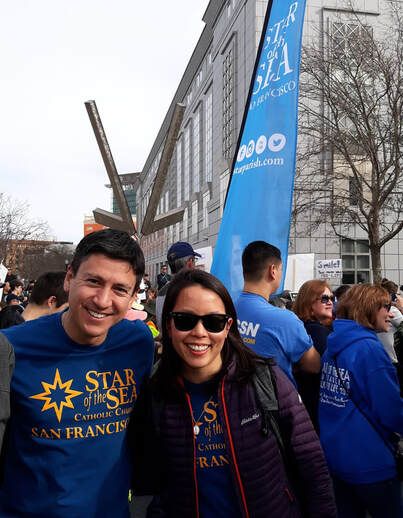
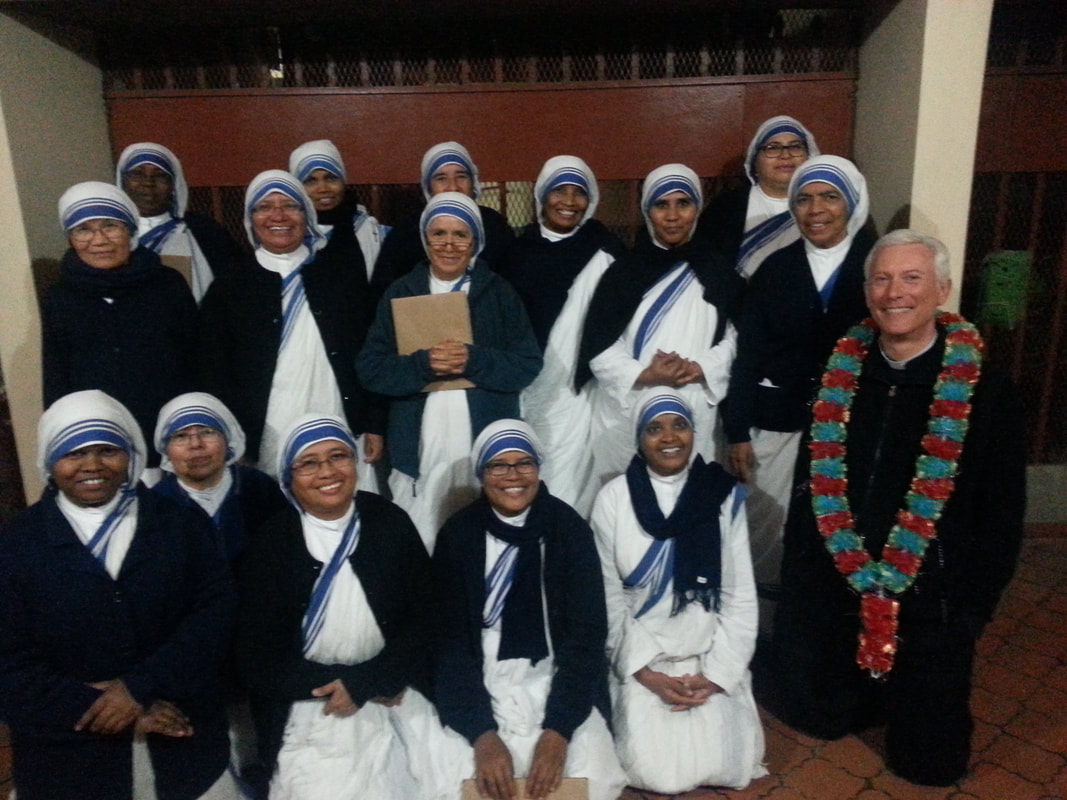
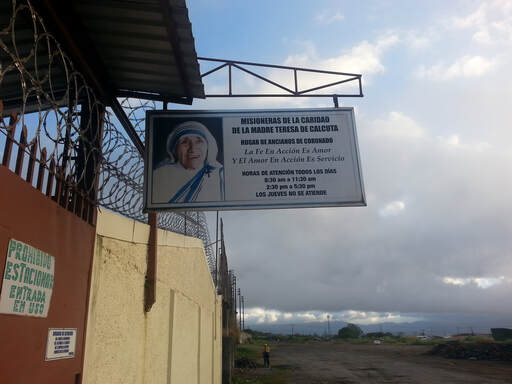
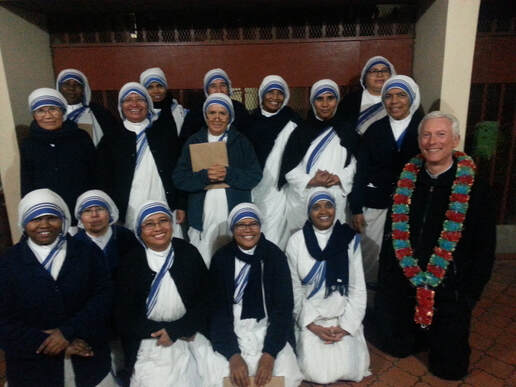
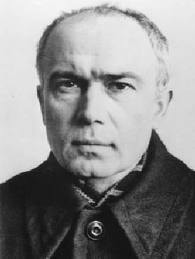
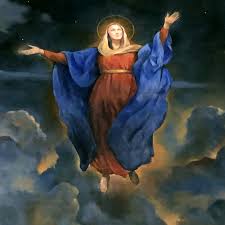
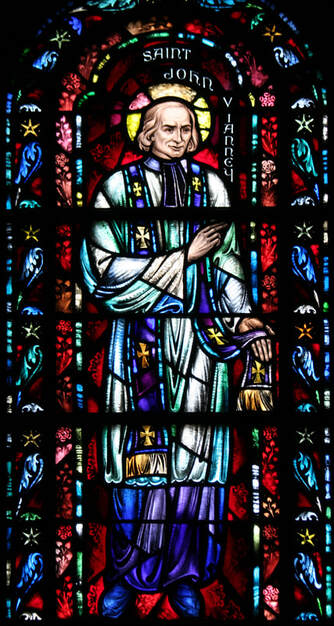


 RSS Feed
RSS Feed